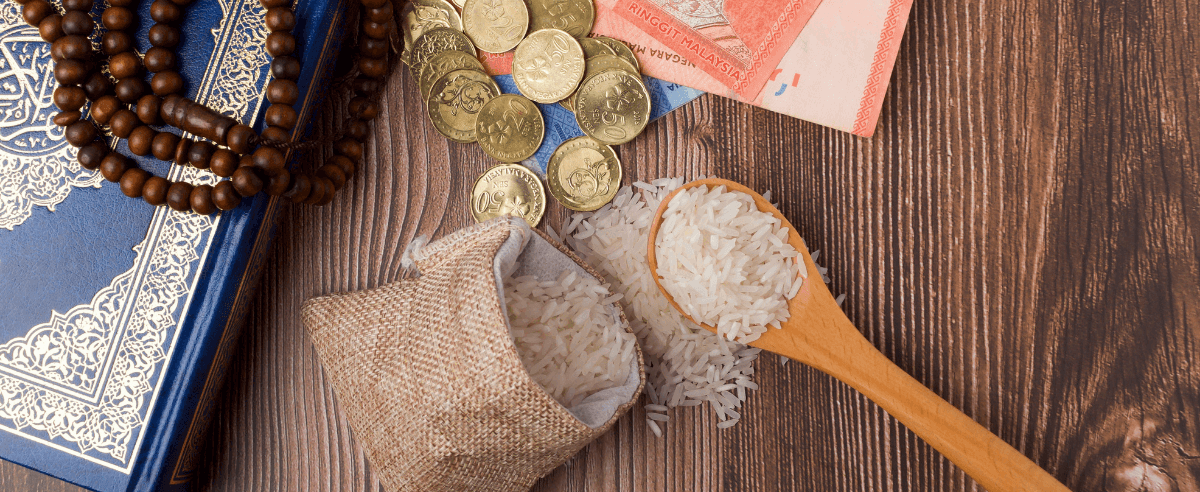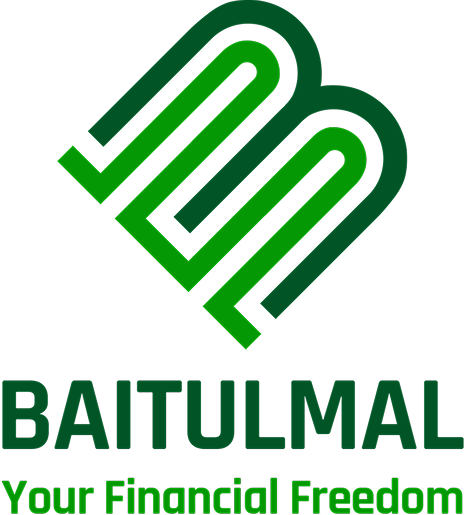
Core Principles
Elimination of Riba (Interest) and other prohibited elements
We manage the wealth cycle
without engaging in activities prohibited by
Islam, such as interest (riba), excessive
uncertainty / speculation (gharar), gambling
(maysir), and prohibited (Haram) industries such
as alcohol, tobacco, gambling, and pork. We
invest in permissible (Halal) economic
activities including; real estate, property
development, construction, commerce,
hospitality, healthcare, technology, and
sustainable industries to contribute to Uganda’s
economic development.
Profit and Risk Sharing
Our arrangements ensure the ideal
Islamic financial transactions such as; all
counterparties share risks and rewards fairly
through Islamic financial contracts like
Musharakah (profit and loss sharing partnership)
and Mudarabah (profit sharing
partnership).
Asset-Backed Investments
Our investments are backed by
tangible assets. This ensures that our Assets
Under Management (AUM) are tied to real economic
activities and reduce risks associated with
speculative investments among others.
Screening Wealth to eliminate tainted income.
We purify our Client’s wealth by
channeling Zakat, Waqf, Grants, and tainted
income to economically empower the productive
poor / needy (the less fortunate). We enable
them start profitable enterprises. This
financing is made in form of Business
Development Services, Technical Assistance, and
Benevolent Loans (Qard-Hasan).
Objectives of Establishing Baitulmal
- To transform lives and livelihoods of communities.
- To develop a dominant market for Baitulmal products.
- To build an investor base for Baitulmal Uganda.
How Objectives Are Achieved
Beneficiaries/ Core Targets
Groups of Women, Youth, People
With Disabilities (PWDs).
Small and Medium Enterprises
(SMEs) of productive Entrepreneurs.
Legal Status
Groups of Microenterprises (MEs)
are entities registered with the Ministry of
Trade, Industry and Cooperatives.
SMEs are entities registered with
the Uganda Registration Services Bureau (URSB).
Ownership
VGroups are owned and governed by
members in the community.
SMEs are owned by productive
Entrepreneurs in the community.
Design
Vertical expansion; provide
funding support to the active poor through BMT
Groups and the productive entrepreneurs.
Horizontal expansion;
institutionalize Islamic financial services by
widening the products, institutions, and
innovation.
Structures Used
Map a BMT Group (of at least 7
members) at every Mosque. UMSC has 13,000
Mosques.
SMEs shall be identified through
other Muslim administrative structures (Regions,
Muslim Districts, and Counties).
Services Provided to Beneficiaries
Financial services; depository
(on Wadi’ah/safe custody basis) and financing
(on Musharaka/ Profit and Loss Sharing basis).
Service activities; Kafalah
(guarantee) to reduce dependence on Collateral,
Wakalah (agency), and Hawalah (transfer of
debt).
Non-financial direct assistance;
markets linkage, Business Development Services
(BDS), training, social development programs,
Shari'ah compliance support, and other Technical
Assistance (TA).
Sources of Funding
Zakat funds;
1.Lobby Zakat collecting agencies to channel productive Zakat to the active poor and productive entrepreneurs through Baitulmal.
2.Baitulmal multiplies the productive Zakat by financing MEs (for the active poor) and SMEs (for the productive Entrepreneurs).
Government, philanthropic
organizations, financing and development
partners, commercial banks, and social venture
capital firms among others.
Models Adopted
Establish BMT Groups at the
Mosque level, which allows the Mosque to
mobilize funds and disburse loans, under the
control of the Head office (Baitulmal).
The franchise or autonomy model
invites various Mosques and other institutions
to establish BMT Groups. The Head office
(Baitulmal) establishes a BMT network to
facilitate inter-BMT members' borrowing and loan
syndication, and deposit placement.
Developing strategic alliances
with Muslim-based institutions such as; schools,
universities, and businesses to establish BMT
Groups for their communities.
